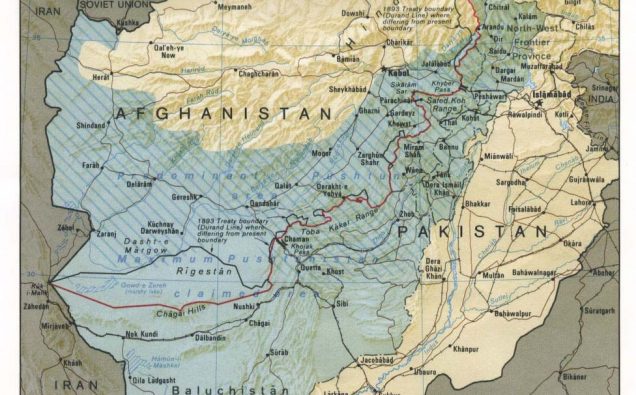
Friday’s bombings came almost out of the blue, although incidents of terrorism could not have been completely unexpected, given the tense situation in the region, and the rise of militancy in Afghanistan.
After a marked improvement in the security in the last few years, particularly over the last several months, terrorists carried out two deadly bombings in the south and northwest of the country, killing at least 37 people.
While Pakistan has not completely stamped out terrorism on its soil, the timing of the bombing has raised a series of questions. Analysts were quick to point fingers to both Afghanistan on the country’s west and India to the country’s east.
In the last few years, two major military operations have flushed out hundreds of militants, and Pakistan has been making an economic rebound with praise from leading financial institutions and experts.
However, the region is far from being peaceful and in fact tensions have been escalating between Pakistan and its two neighbors Afghanistan and India. With Pakistan has a long running Kashmir dispute while Afghanistan and Pakistan accuse each other of allowing terrorist sanctuaries on their sides of the 2600 km long porous Pakistan-Afghanistan border.
Both Afghanistan and India are known to be operating from the Afghan soil against Pakistan, fueling a low-intensity insurgency in Balochistan, scene of the first deadly bombing on Friday, as well as providing support to the TTP, a militant organization fighting the Pakistani state with its leaders hiding in Afghanistan.
No groups have claimed responsibility for the attacks.
But analysts often point out WikiLeaks and video statements and threats by Indian officials including Prime Minister Narendra Modi as well-documented evidence of Afghan and Indian backing of terror on Pakistani soil.
In the first attack, at least 13 people ─ including five policeman ─ were killed and another 19 others injured in a suicide blast in Quetta, the capital city of Pakistan’s South Western province of Balochistan.
According to media reports , the blast occurred close to Inspector General of Police Ehsan Mehboob’s office.
The bombing was powerful enough that it was heard across the city, shattering window panes of nearby buildings.
A TV footage showed several badly damaged cars and a road littered with broken glass.
Director General of Civil Defense Mohammad Aslam Tareen said 75 kilogrammes of explosives were used in the suicide attack.
The second bombing took place in Parachinar where media reported at least 25 people feared dead and over 100 injured.
The terrorists targeted the thickly populated area of Kurram Agency’s Parachinar city Friday evening.
THIS IS A DEVELOPING STORY















